التعامل مع كوفيد-19: بناء قدرة المزارعين على الصمود - الحلقة 11
IFAD Asset Request Portlet
ناشر الأصول
التعامل مع كوفيد-19: بناء قدرة المزارعين على الصمود - الحلقة 11
24 أغسطس 2020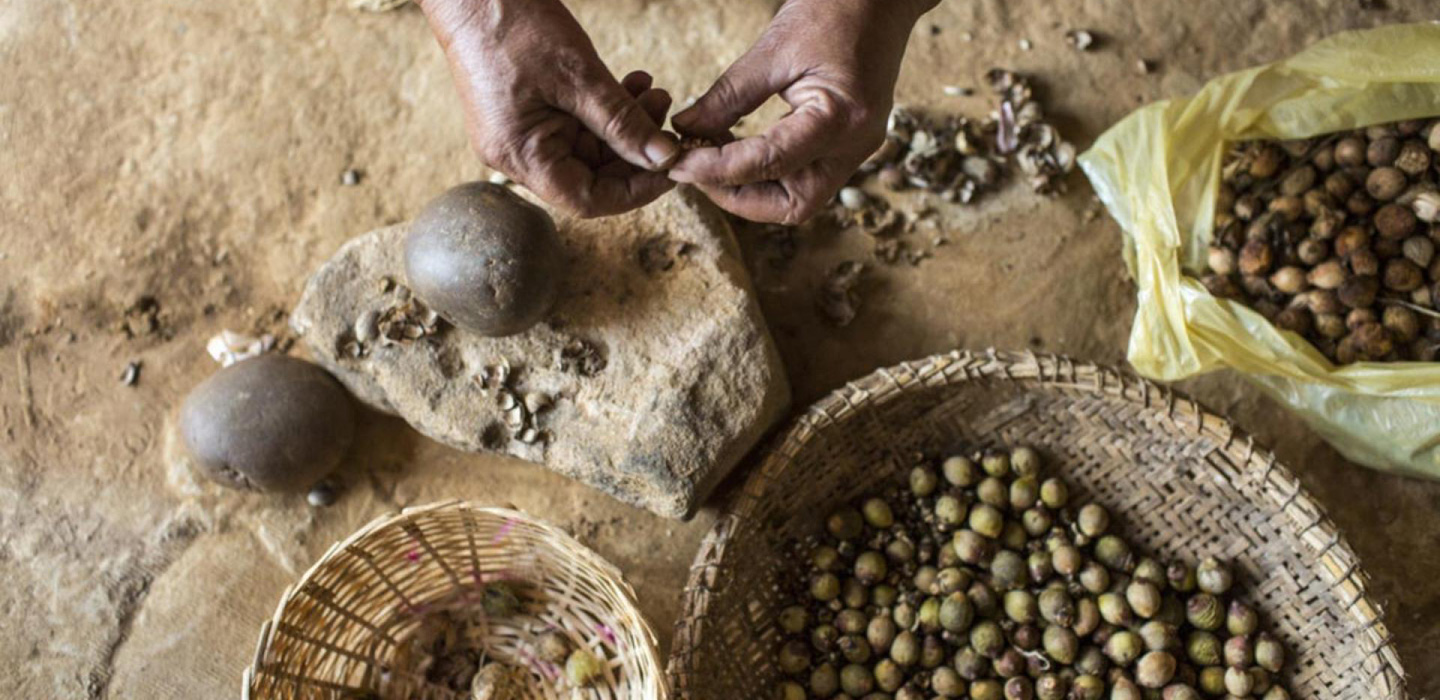
As the COVID-19 pandemic continues on, many people around the world, including small-scale farmers, are learning how to cope with its various effects. In this episode, we explore how farmers are building their resilience – with a focus on Latin America.
We begin with a conversation with Donal Brown, IFAD’s Associate Vice-President, about how COVID-19 continues to affect farming communities across the developing world.
We then bring you the first report from our new mini-series Meet the Experts. This month we speak with Oliver Page, our specialist on climate change and the environment for the Latin America and the Caribbean region.
Next, we meet Revecca Tapie, a regional coordinator for the Slow Food project in north-east Brazil. She has news on how the indigenous communities she works with are dealing with the effects of climate change and, most recently, the effects of COVID-19.
Then we head over to Bolivia, where we hear about gastronomy schools that are creating job opportunities. We also talk with Humberto Gomez about the Back to the Roots project, a campaign that links farmers to restaurants and markets.
Finally, we catch up with Recipes for Change, and Italian celebrity chef Carlo Cracco, in Morocco.
Episode Contents
- COVID-19 updates with IFAD’s Associate Vice-President Donal Brown
- A new mini-series: Meet the Experts
- Slow Food’s Revecca Tapie on indigenous communities in Brazil
- Bolivia’s gastronomy schools, with Raiti Espinoza
- Nicole Szucs on young peoples’ beliefs about sustainable, diverse food
- Exploring the Back to the Roots project with Humberto Gomez
- Recipes for Change: Chef Carlo Cracco
COVID-19 updates with IFAD’s Associate Vice-President Donal Brown
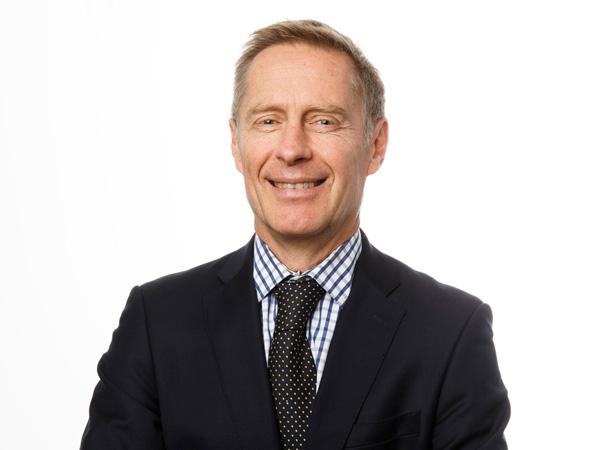 |
| Donal Brown, IFAD’s Associate Vice-President |
We check in with IFAD’s Associate Vice-President Donal Brown for the latest on how rural communities are dealing with the ongoing global pandemic.
Donal tells us about the lessons we’re learning – and how they’re changing our operations in the field, including how exactly we’re responding to COVID-19’s effects on economies, markets and food security in developing countries.
A new mini-series: Meet the Experts
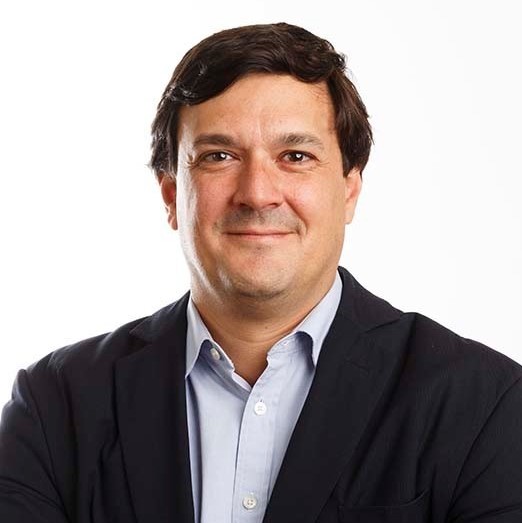 |
| Oliver Page, Regional Climate Change and Environmental Specialist for Latin America and the Caribbean |
In this episode, we kick off a new mini-series that gives you a quick introduction to some of our experts. We begin with Oliver Page, our specialist in climate change and the environment for the Latin America and the Caribbean region.
Oliver explains to us why environmental and climate change issues are so important in this region. It’s home to some of the world’s most important and valuable natural resources – and likewise, small-scale farmers throughout the region are among the most vulnerable in the world to the effects of climate change.
Slow Food’s Revecca Tapie on indigenous communities in Brazil
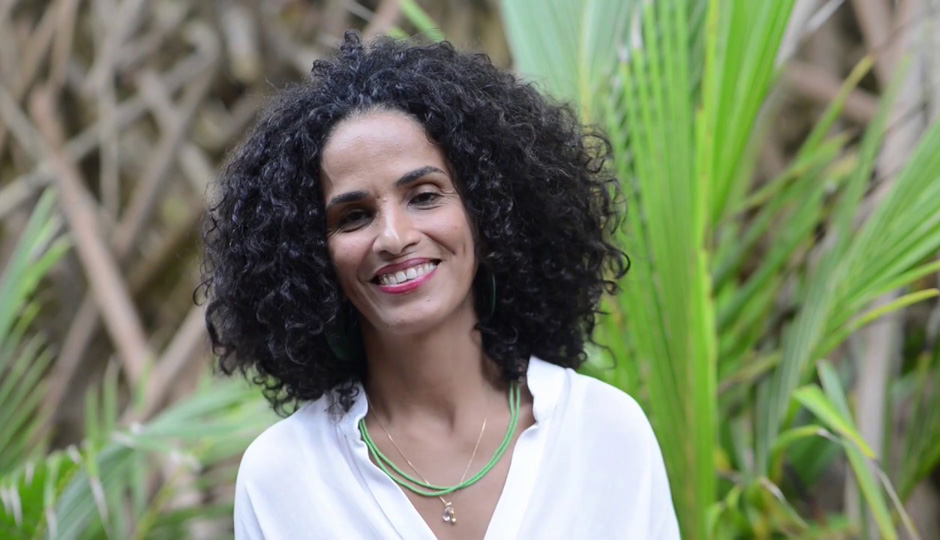 |
| Revecca Tapie, Regional Coordinator for Slow Food |
IFAD has been working with Slow Food, an organization dedicated to promoting healthy, sustainable and equitable food systems across the world, for over a decade.
Revecca Tapie is Slow Food’s regional coordinator for north-east Brazil. Our most recent conversation with her focuses on the Kiriri, an indigenous people based in the semi-arid region of Brazil’s Bahia state.
The Kiriri have long had to contend with the effects of drought on their crops – and most recently, they’ve had to adjust to the impacts of COVID-19 as well. Revecca explains how the IFAD–Slow Food partnership is helping them build resilience to both of these forces, such as producing hardy crops like cassava and finding ways to add value to their traditional processing techniques.
Bolivia’s gastronomy schools, with Raiti Espinoza
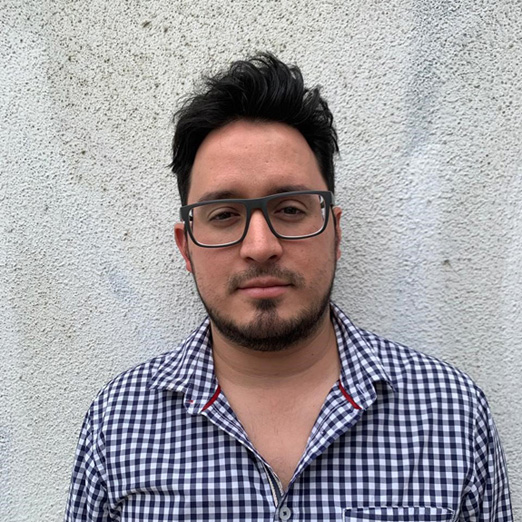 |
| Raiti Espinoza, Manq’a Project representative |
Bolivia’s Manq’a schools aren’t like any ordinary gastronomy schools. They combine a focus on teaching local, traditional cuisine with creating jobs for youth in areas where opportunities can be scarce. IFAD supports these schools through, among other initiatives, its upcoming Rural 4 Young People project.
Manq’a Project representative Raiti Espinoza recently sat down with our correspondent Estefania Rada to tell us more about why the schools were created and update us on how they’re doing.
Nicole Szucs on young peoples’ beliefs about sustainable, diverse food
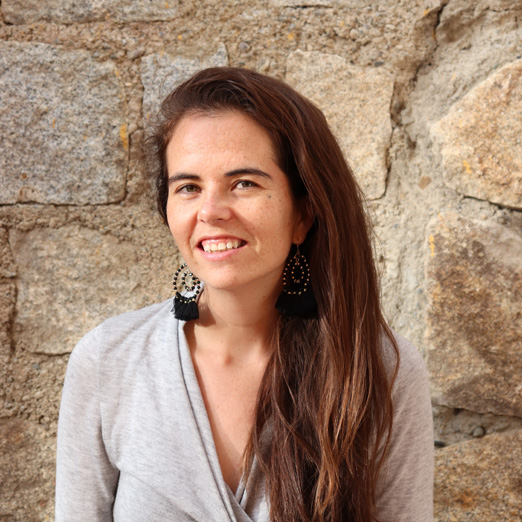 |
| Nicole Szucs, Food Specialist for Hivos |
The Hivos organization’s Sustainable Diets for All programme wanted to find out more about young people’s perspectives on healthy, sustainable, diverse food. In partnership with IFAD and Cosecha Colectiva de Les Ningunes, they carried out a survey of over one thousand people between the ages of 18 and 35 in the cities of La Paz and El Alto, Bolivia.
Our correspondent Estefania Rada has the latest on the survey from Nicole Szucs, Food Specialist for Hivos.
Exploring the Back to the Roots project with Humberto Gomez
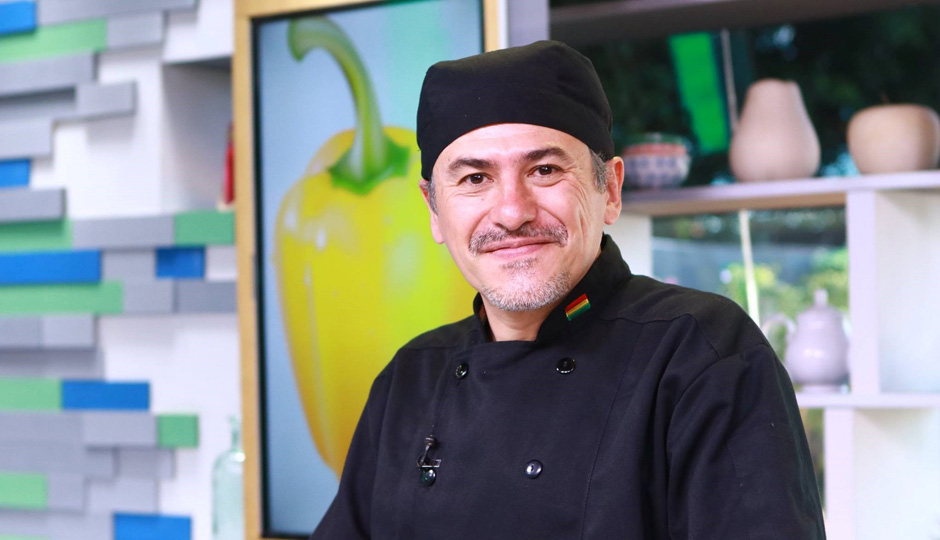 |
| Humberto Gomez, Back to the Roots representative |
Back to the Roots is an IFAD-funded project that uses gastronomy as a way of connecting small-scale farmers, especially women and youth, to various markets and business opportunities.
Our correspondent Estefania Rada spoke to Humberto Gomez, the project representative, about how it’s developing in three different countries: Bolivia, Chile and Peru.
Recipes for Change: Chef Carlo Cracco
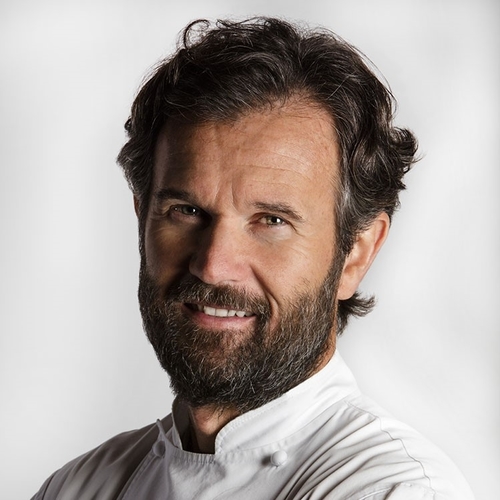 |
| Chef Carlo Cracco |
IFAD’s Recipes for Change series takes top chefs to visit IFAD-supported projects and cook with the locals. Together, they look at some of the impacts of climate change on traditional crops and ingredients – and they get to see some of the solutions put in place with IFAD’s support so that farmers can build that all-important resilience.
In the first of our three reports on this series, we catch up with Italian chef Carlo Cracco in the highlands of eastern Morocco. It’s in this region where terfass, or Moroccan truffles, can be found. While many people see truffles as a luxury, these fungi are a staple crop for farmers in this region. Yet truffle harvests are currently under threat from overgrazing and climate change, both of which are contributing to continued land degradation in the area.
Chef Cracco has the latest on how the local farmers are coping – plus a delicious terfass recipe.
Summing Up
Remember: Our podcast is now available in French, Spanish and Arabic too!
Thanks to our producer Francesco Manetti, our reporters Estefania Rada, Julia Guimaraes and Carolyn Sillau Herrera, and everyone else who’s worked on this programme – but most of all, thanks to you for listening to this episode of Farms. Food. Future., brought to you by the International Fund for Agricultural Development.
Remember, we want to hear from you – what you think about the stories and issues we’ve discussed, and who you’d like us to be talking to – so please get in touch with our host Brian Thomson at [email protected]. Send us your voice or text messages to that address and we’ll be happy to play you out in the next show.
Also, don’t forget to subscribe to this podcast via your favorite podcast platform – and please rate us!
We’ll be back at the end of September with more news fresh from the farm – and, once again, we’ll be trying to be good for you, good for the planet and good for the farmers.